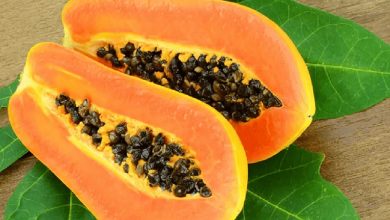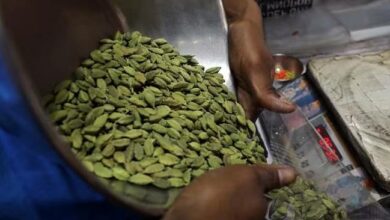Demystifying Protein: Its Role Beyond Muscle Development Unveiled by Experts

Protein, an essential macronutrient, is a fundamental building block for muscles, skin, hair, nails, antibodies, hormones, and cellular structures. While widely recognized for its role in muscle development, protein offers far more benefits than merely enhancing muscle mass. Here’s a closer look at the multifaceted role of protein in our bodies, debunking the myth that its purpose is restricted to building muscles.
Protein’s Diverse Functions:
- Cellular Repair and Growth: Proteins are broken down into amino acids, vital for the restoration and reconstruction of muscles, skin, and cellular structures. These amino acids are the building blocks necessary for the expansion and repair of cells throughout the body.
- Essential Amino Acids (EAAs): While the body produces several amino acids, nine EAAs must be sourced from food like beans, nuts, and soya. A diet rich in mixed amino acids maximizes muscle protein synthesis, crucial for muscle growth.
- Leucine and Muscle Synthesis: The amino acid leucine triggers muscle protein synthesis, making it a key component in muscle-building processes. Proper leucine levels are essential for effective muscle protein synthesis.
- Post-Workout Recovery: After exercise, muscles undergo slight tearing. Protein aids in healing these muscles, making it vital for post-workout recovery.
- Nutrient Balance: It’s essential to balance protein intake with other nutritional elements. A combination of exercise, weight training, and a balanced diet comprising fruits, vegetables, and complex carbohydrates is crucial for effective muscle development.
Protein-Rich Snack Ideas:
- Rice Cake and Peanut Butter: Provides energy from rice cakes and sustained fullness and protein from peanut butter.
- Yogurt and Banana: Greek yogurt, rich in protein, paired with bananas provides a nutritious pre-workout snack.
- Eggs: A versatile protein source, eggs contain all vital amino acids necessary for the body.
Other Essential Nutrients for Muscle Development:
- Carbohydrates: Whole grains, beans, fruits, and vegetables provide the right carbohydrates essential for promoting movement, including working muscles.
- Fats: The right fats are crucial, serving as structural components of cell membranes, including muscle cells. Fats also provide energy for low-intensity, longer-term exercises.
- Calcium: Essential for muscle contractions, including heartbeats, as it is involved in the nerve-muscle activation process.
Protein is not limited to muscle development alone; it plays a pivotal role in maintaining overall health. From supporting the immune system and aiding in healing and repair to developing antibodies and preserving hormonal balance, protein’s significance extends far beyond the realm of muscles. Proper nutrition, including protein, along with a balanced intake of other essential nutrients, is key to holistic health and effective muscle development.






